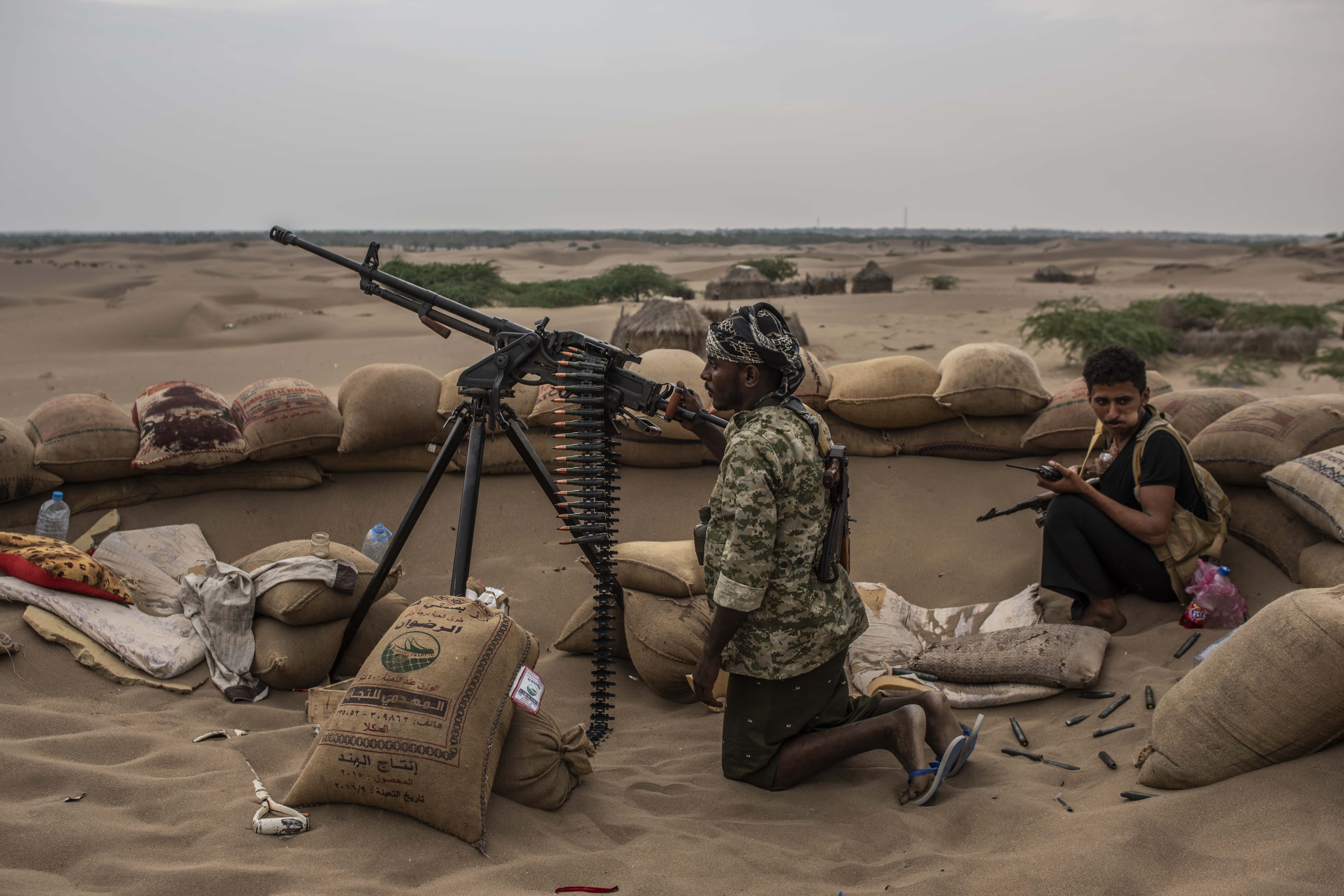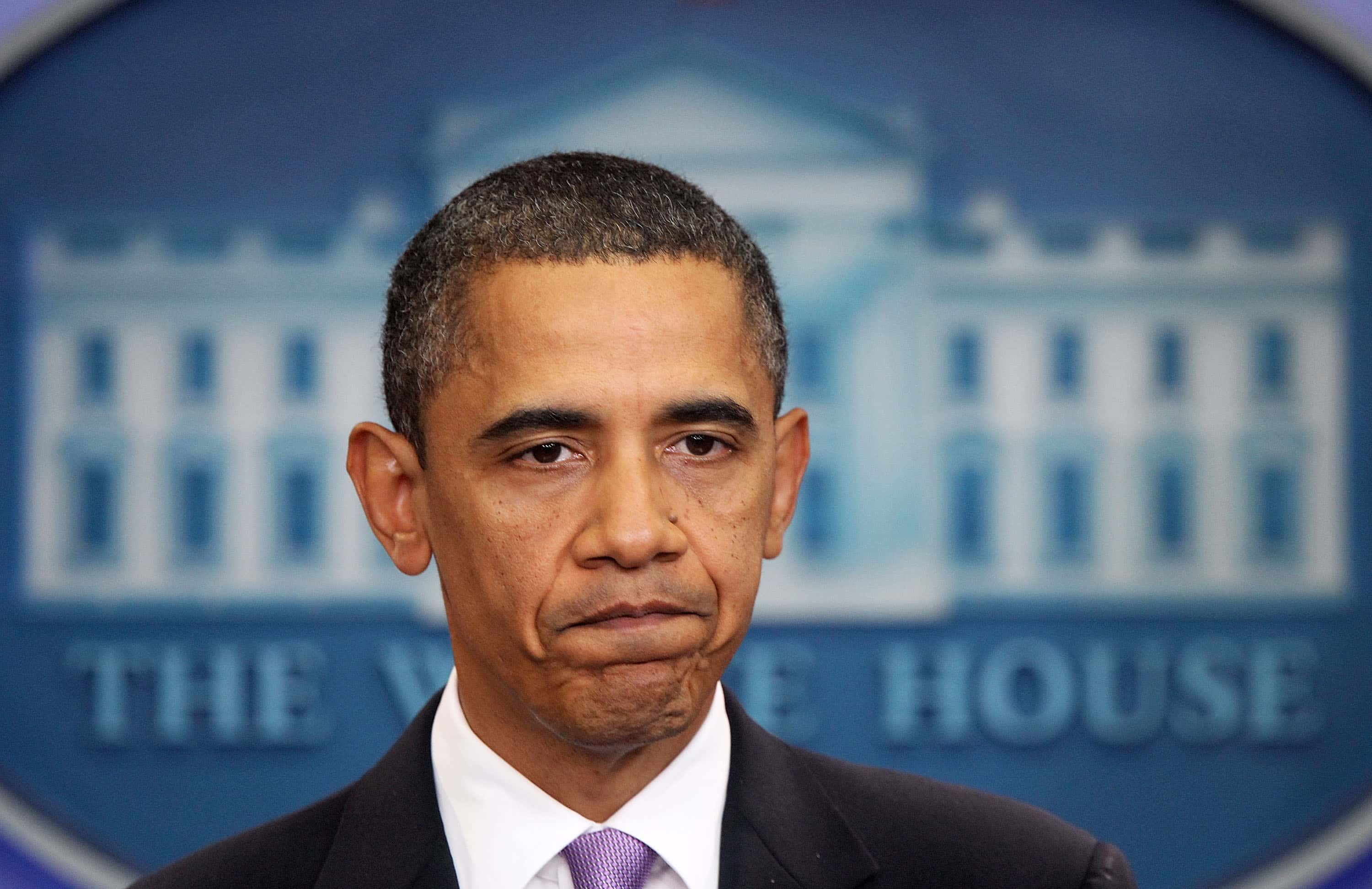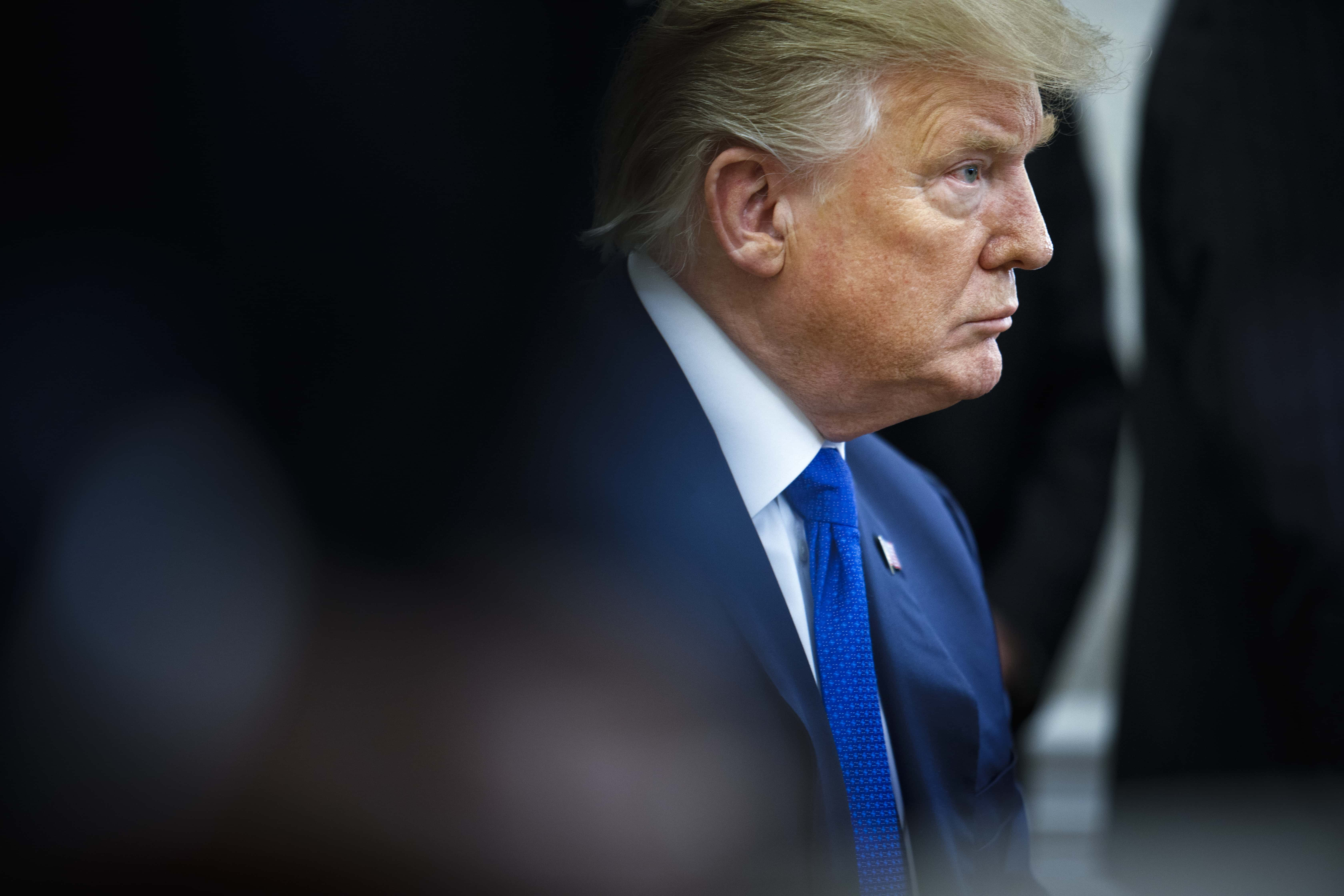What does President Joe Biden announcement on ending US support for Saudis in Yemen war mean?

President Joe Biden on Thursday, February 4, took a major decision on the foreign policy front by halting America’s support for offensive operations carried out by its allies in Yemen, which has been devastated by a years-long war that has presumably left more than 110,000 dead. According to the United Nations, the Yemen civil war is the world’s worst humanitarian crisis with 80 percent of the population in dire need of aid or protection.
Biden, who took over the office last month, gave his inaugural speech at the state department where he said: “The war in Yemen must end." Washington has backed a coalition led by Riyadh under the presidencies of Barack Obama and Donald Trump against the Houthi rebels in the Middle-Eastern nation — one of the poorest in the world — to leave millions in that country on the brink of starvation.
RELATED ARTICLES
Joe Biden wants to revive Iran ties but Donald Trump's pressure on Tehran in his last days makes it challenging
Can America win a war against Iran? It will not be easy despite Washington's superior military power
President-elect Joe Biden to take on Putin and reverse Trump's foreign policies on Iran and North Korea

The conflict started in late 2014 between a weak Yemeni government and the Houthis and soon escalated with a number of countries, including the Saudis and eight other Arab states backed by the US, the UK and France starting to conduct airstrikes against the rebels. While pledging to end the US support for the war, Biden said: “The war has created a humanitarian and strategic catastrophe.”
It was a U-turn of sorts for Biden for he was the No. 2 of the Obama administration that had joined the war. The Atlantic Council slammed the former Democratic administration in an article last month saying: "Former President Barack Obama’s administration sacrificed Yemen at the altar of achieving the 2015 nuclear agreement with Iran and securing short-term counterterrorism goals by heavily relying on the use of drones against al-Qaeda in the Arabian Peninsula (AQAP).” Another piece in In These Times said in November, weeks after Biden won the 2020 presidential election, that “Biden’s election is a paradox for Yemenis: As Obama’s vice president, Biden is complicit in the havoc”.
What does Biden's move on Yemen mean?
Against such a backdrop, Biden’s latest announcement on Yemen has caught the attention of the observers and analysts. But what does the decision to end the US’s support for the Yemen war mean?
The US, after Biden’s announcement, will stop backing the offensive operations being conducted on Yemen’s soil. The Biden administration has already put a temporary pause on sales of arms to Saudi Arabia and the United Arab Emirates, two of America’s close allies in the Middle East. However, Biden’s announcement on Yemen and the US’s halting support for offensive operations will not affect missions against al-Qaeda in the Arabian Peninsula, BBC reported.

Biden’s move will also reverse in a way the policy of the former Donald Trump administration on Saudi Arabia. It was only last month that the US planned to designate the Houthis as a terrorist group amid warnings that the step might jeopardize aid operations in Yemen. Former secretary of state Mike Pompeo said the US aimed at holding the rebels responsible for the cross-border attacks that threatened civilians’ lives, infrastructure and shipping. He also opined that taking the strong step would deter the “malign activity” by Iran, one of the Houthi movement’s supporters and considered a prime foe by the former Trump administration.
Last week, the Biden administration said it would exclude certain transactions featuring the Houthis from sanctions and the exemption stands to expire on February 26.
Biden’s step towards ending America’s support for the Yemen war might not bring peace to the region overnight but it will certainly send a strong message to key players in the Middle-East like the Saudis and the Emirates, both of which are also in favor of getting out of the precarious situation that prevails in Yemen.
BBC Chief International Correspondent Lyse Doucet said on the situation after Biden’s announcement: “Achieving peace among Yemen's bitter enemies will be a monumental challenge. Tim Lenderking is set to be the first US envoy for Yemen since this war was unleashed nearly six years ago. He's worked on this file for years and is known to everyone who matters. Western diplomats, as well as Yemenis, have welcomed this new US engagement. In 2015, President Obama gave a green light to the Saudi-led campaign, partly to ease the Kingdom’s anger over the Iran nuclear deal. Now new US envoys on Yemen, and Iran, are tasked with ending this war, and the regional rivalries which still fuel it.”
The Yemen war helped Iran, Brookings piece said last November
In a piece published last November, Brookings said the Biden administration should take a step towards ending the Yemen crisis. “Saudi Arabia ostensibly started the war in Yemen to prevent Iran from acquiring a foothold on the Arabian Peninsula overlooking the strategic Bab al Mandab straits. Almost six years later, the war has in fact given Iran just that — plus created the worst humanitarian catastrophe in the world. The Biden-Harris administration should make ending the war an urgent priority for both strategic and humanitarian reasons,” it said.
“Despite the Saudi blockade and American interception efforts, the Iranians are steadily getting aid to the rebels. This costs Iran a pittance compared to the tens of billions the Saudis have spent on the war, which is a very expensive quagmire for Riyadh. An additional cost has been to US prestige under the Trump administration for continuing to support the war, even when there was no congressional support for it and many in the international community condemned us for it,” it added.

“The United States has backed the Saudi war from its start, with arms deliveries and diplomatic support. It is long past time for a fundamental change. The war benefits Iran and Hezbollah. It gives Iran a stronghold in a strategically important global crossroads. The tragedy of starving children is widely blamed on the Saudis and their enablers. The incoming administration, which purports to stand for human rights, needs to make ending the war a priority.”
Trump backed the US's involvement in the Yemen conflict and vetoed a bill passed by the Congress in April 2019 aimed at ending support for the Saudi-led mission.
Besides making his major announcement on Yemen, President Biden also confirmed on Thursday that the decision to withdraw American troops from Germany will be reversed and they will remain in the European nation (they are there since World War II) at their current level of around 36,000. Under Trump, the US was set to reduce its troops’ presence by 12,000, with about 5,600 to be deployed in other locations in Europe.










